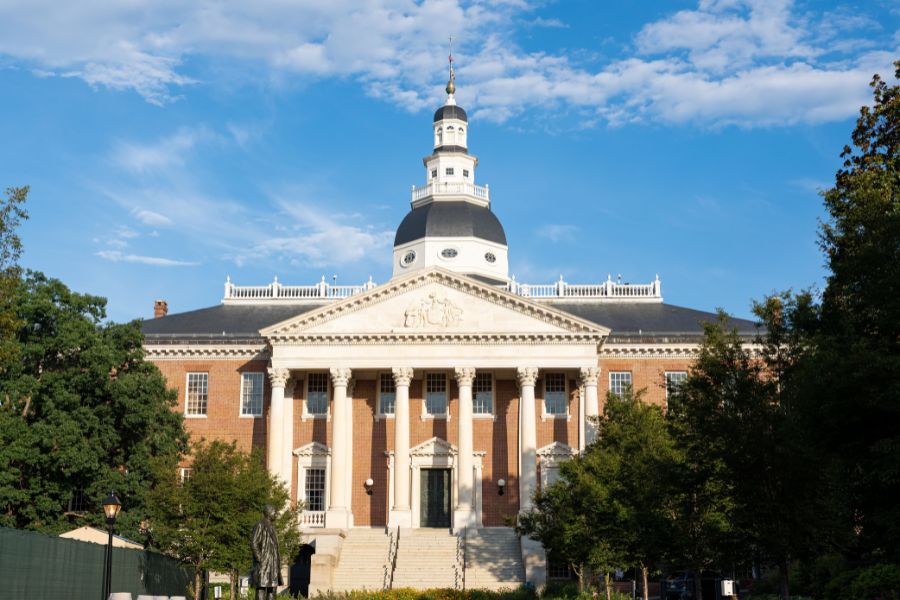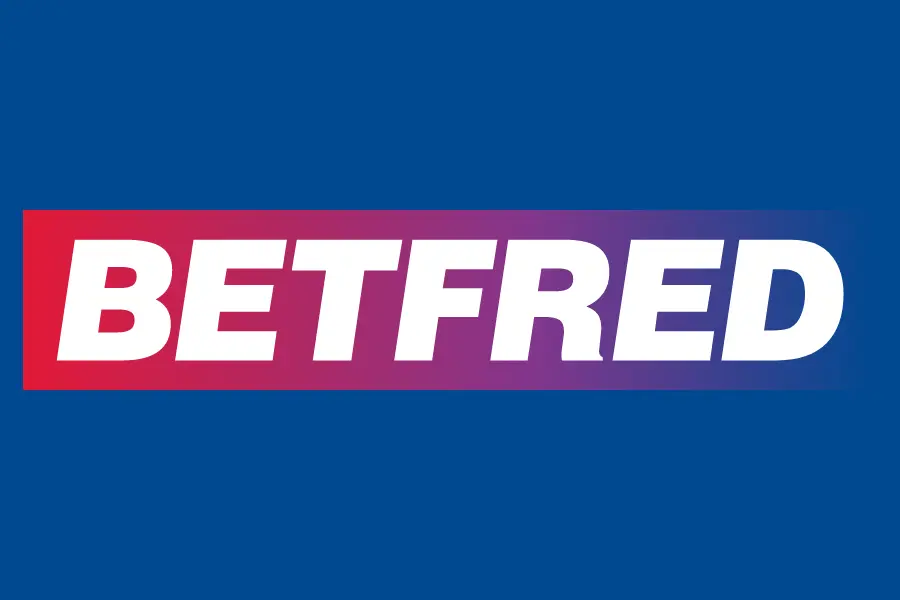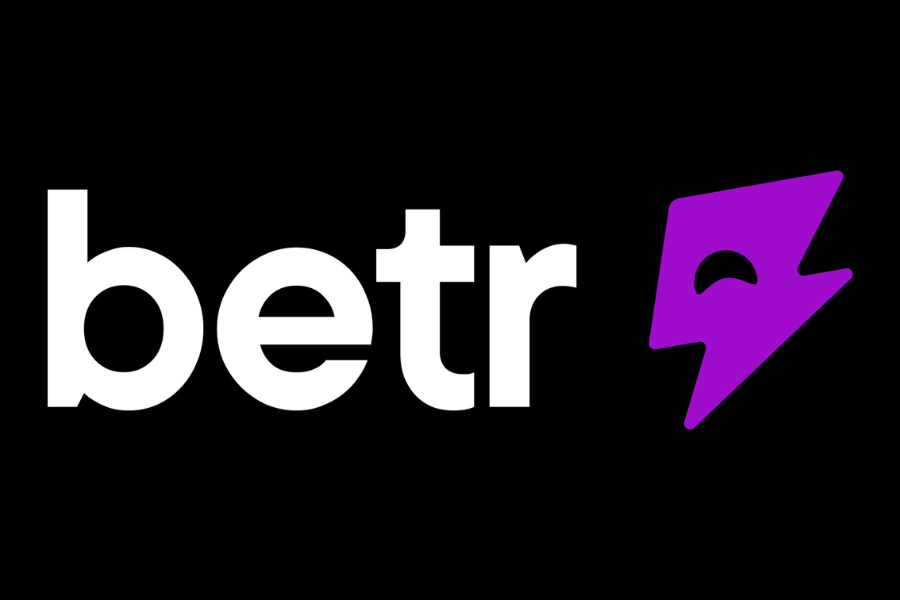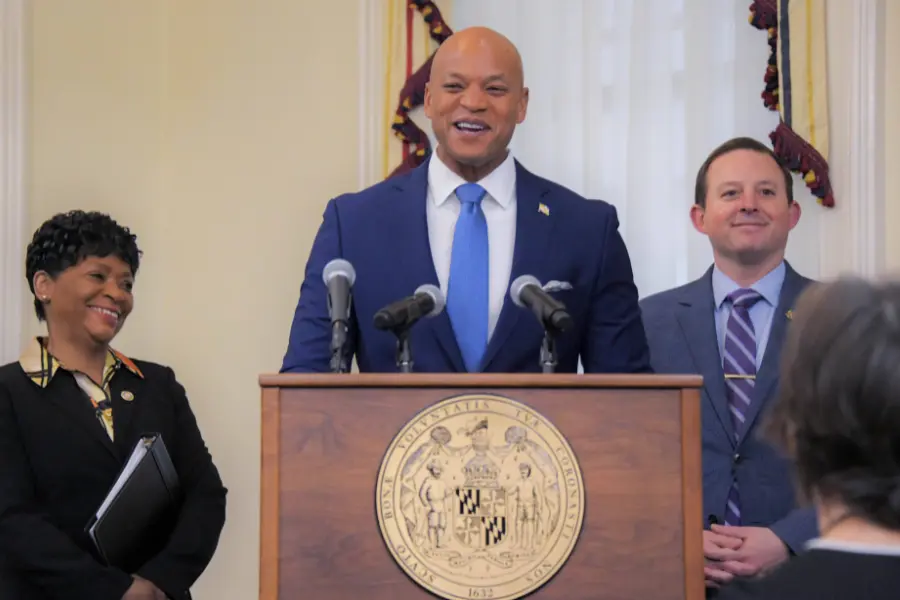But an unexpected recent decline in revenue for the state’s six retail casinos this year may muddy the waters for state lawmakers.
Would Maryland online casino legalization provide much-needed new revenue for those casinos, or would it simply cannibalize their revenues to alternative sources of gambling? If the latter, that could lead to a loss of hundreds or even thousands of jobs as casino attendance dwindles.
This debate first occurred in New Jersey more than a dozen years ago. All of the state’s casinos are located in Atlantic City, and those operators initially were convinced that online casino authorization would lead to severe negative impacts.
The stakes were higher in New Jersey, as the casinos were in the midst of massive revenue declines stemming from the opening of casinos in neighboring Pennsylvania and New York in 2006.
Eventually, online casino supporters convinced the casino operators that the latter product would mostly attract a new, younger gambler rather than take away from their existing customer base.
As a result, online casino play launched in New Jersey in late 2013. After a few years of modest numbers, market awareness of online casino gaming grew significantly – as did the annual revenue produced.
In 2022, online casinos produced $1.66 billion in revenue in the state, compared to $2.79 billion from the 12 brick-and-mortar casinos.
A complication is that the casinos only collect about one-third of the online casino revenue, as they hire outside partners to run the operations.
But during the COVID-19 pandemic in 2020, those casinos had to close their doors for four months – leaving their share of online casino revenue as a life raft to remain in business while casinos in many other states brought in no money at all.
Maryland Casinos By The Numbers
Getting back to Maryland’s casinos, they took in $155.1 million in September, according to state regulators. That’s the lowest revenue figure since January 2022 ($153.8 million).
That number also was down almost 3% from the previous September and down about 4% from August 2023. Even more worrisome, Maryland casino figures from August of $161.4 million fell almost 5% from August 2022 – and the August numbers declined more than 7% from July 2023.
All of that is a far cry from as recently as October 2022, when the state’s casinos took in a record $212.9 million.
That means that the release of the agency’s report could come just days after Maryland regulators announce what presumably could be yet another decline for October 2023 – and possibly of the volume of a double-digit drop.
If that happens, many lawmakers who are not fully attuned to the intricacies of the U.S. gaming industry may reflexively be inclined to oppose online casino legalization while the brick-and-mortar casinos are hurting.
If that is the case, it may take significant lobbying by the state’s sportsbook operators – many of whom offer both online betting apps as well as online casino gaming in other states. These include FanDuel, DraftKings, BetMGM, and Caesars.
Those companies have found that it is beneficial to their bottom lines to offer both products. Sports bettors already have a propensity to gamble, and online casino play offers better margins and more predictable revenue streams than sports betting.
The Maryland September revenue figures showed MGM National Harbor casino nosing out Live! Casino & Hotel by a margin of $62 million to $58.4 million. None of the state’s other four casinos produced even $15 million in revenue.
Details About the Gaming Agency’s Study – And What’s Next
The Maryland Lottery and Gaming Control Agency in July chose The Innovation Group to conduct a study. The key research points required are:
- estimating the likely size of the online casino market in the state;
- the projected impact, if any, on the state’s brick-and-mortar casino locations;
- the potential impact on the state’s lottery revenue;
- whether online casino legalization would lead to a surge in problem gambling among state residents.
- the results for the six states – including nearby Pennsylvania, West Virginia, Delaware, and New Jersey – that already have offered full-scale online casino play for a number of years.
The other states that feature legal online casino gambling are Michigan and Connecticut, while Rhode Island lawmakers have approved the gambling and expect a launch in 2024. Nevada offers online poker only.
If the report looks favorably toward online casino legalization, that would aid supportive lawmakers who want to put out a statewide ballot question for the Nov. 2024 election. If the referendum succeeded, legal online casino play could be available to Marylanders by mid-2025.
A bill designed to lay the groundwork for online casino legalization was introduced in January, but it failed to gain significant steam in the statehouse.
Still, the Internet Gaming Authorization and Implementation Act introduced by Democrats Ronald Watson of Prince George’s County and Nancy King of Montgomery County clarifies the likely parameters of the next legislative effort.
The initial licensing fee would be $500,000 for a period of five years. The renewal fee cost would be 1% of the licensee’s proceeds from the previous three-year period. The Maryland Lottery and Gaming Control Agency is a middle-of-the-road figure for the industry.
Morgan State University’s Center for Data Analytics and Sports Gaming Research conducted a panel in late September that included a discussion of online casino legalization.
Maryland Delegate Edith Patterson expressed her belief that a new form of gambling is on the way in her state, and fellow panelists agreed.
GeoComply Senior Vice President of Government Affairs John Pappas offered what amounted to a preview of a key talking point ahead for online casino legalization proponents. He encouraged the audience to search online to try to find online casino gambling in the state.
“You’re going to be directed to multiple affiliate sites that say, ‘Come to this site and play. It’s totally legal. It’s totally legitimate.’” Pappas said. “[But] It’s not legal. It’s not legitimate.”
For more information and news on the state of online gambling in Maryland, make sure you follow us here at MD Betting.





